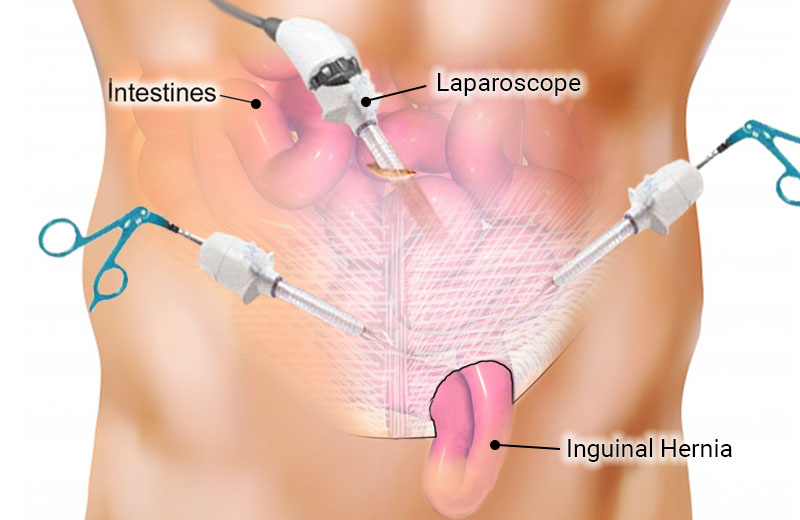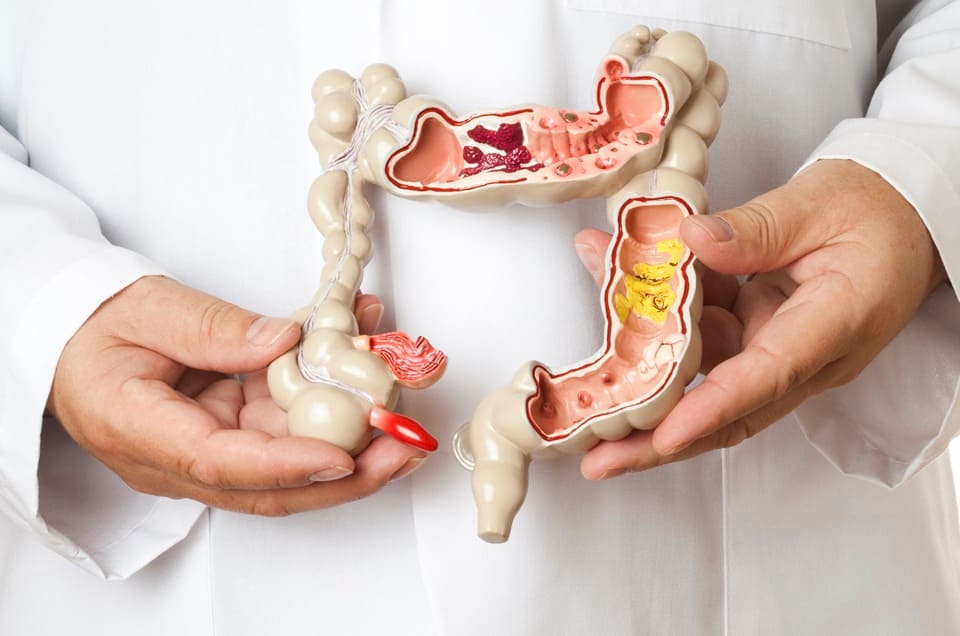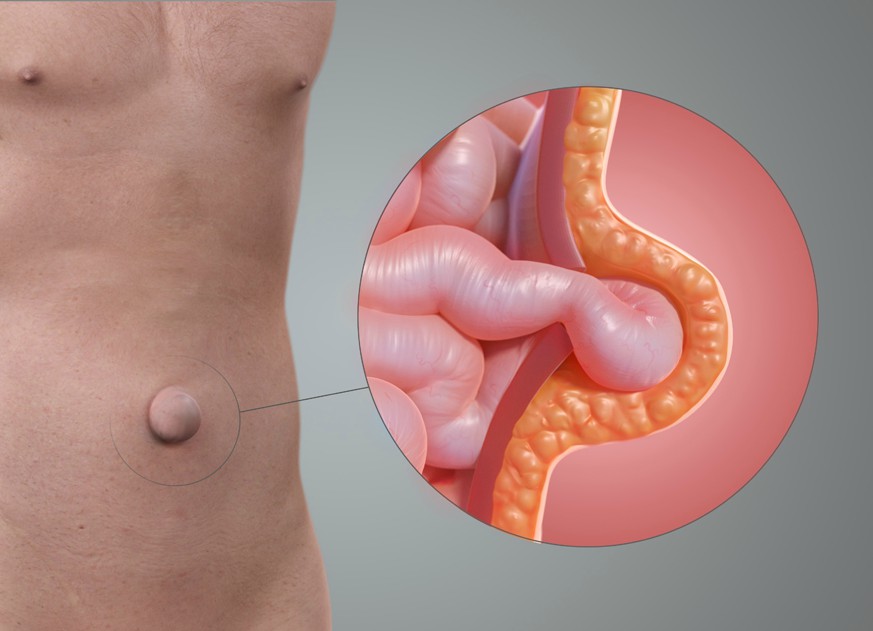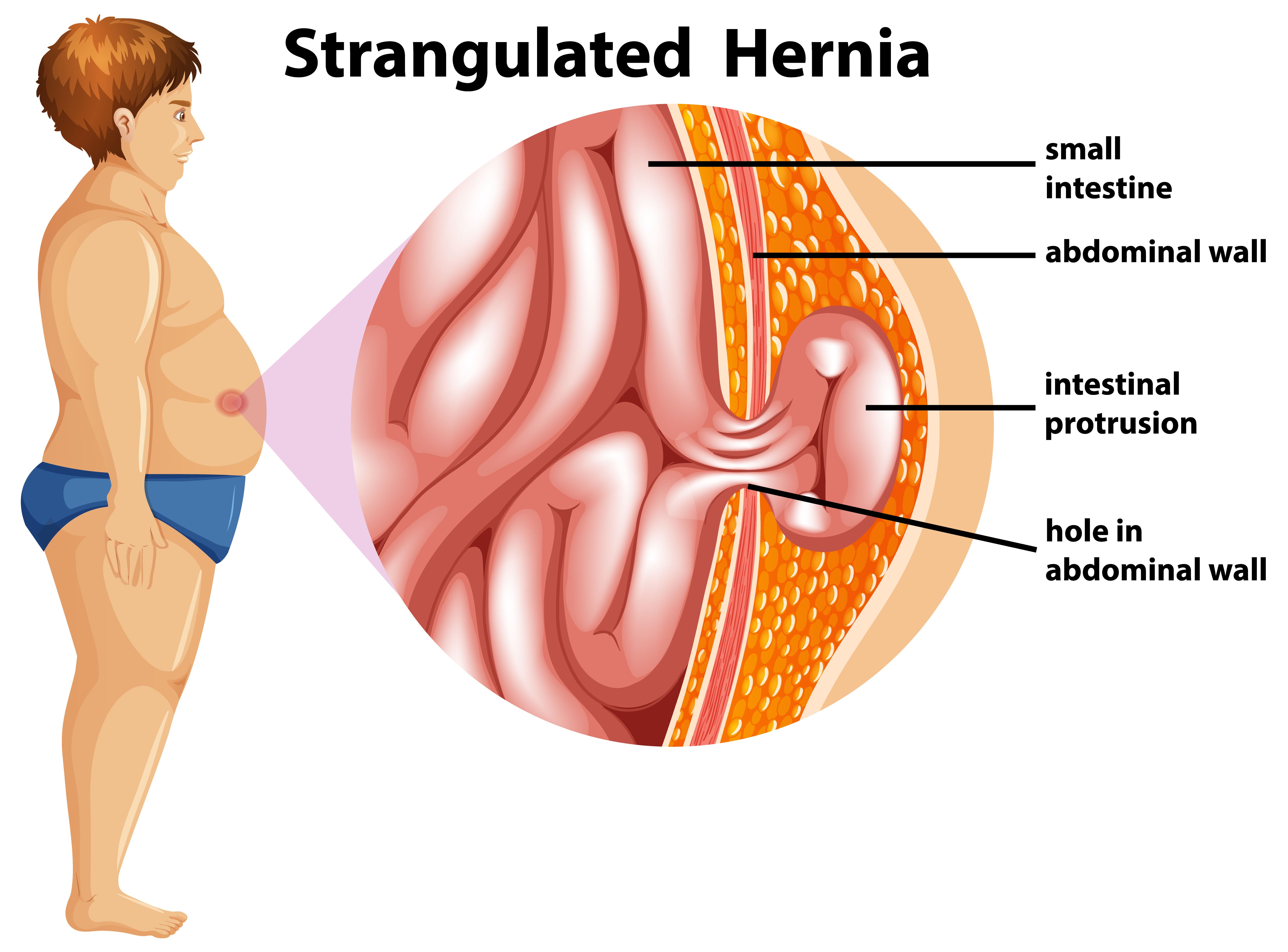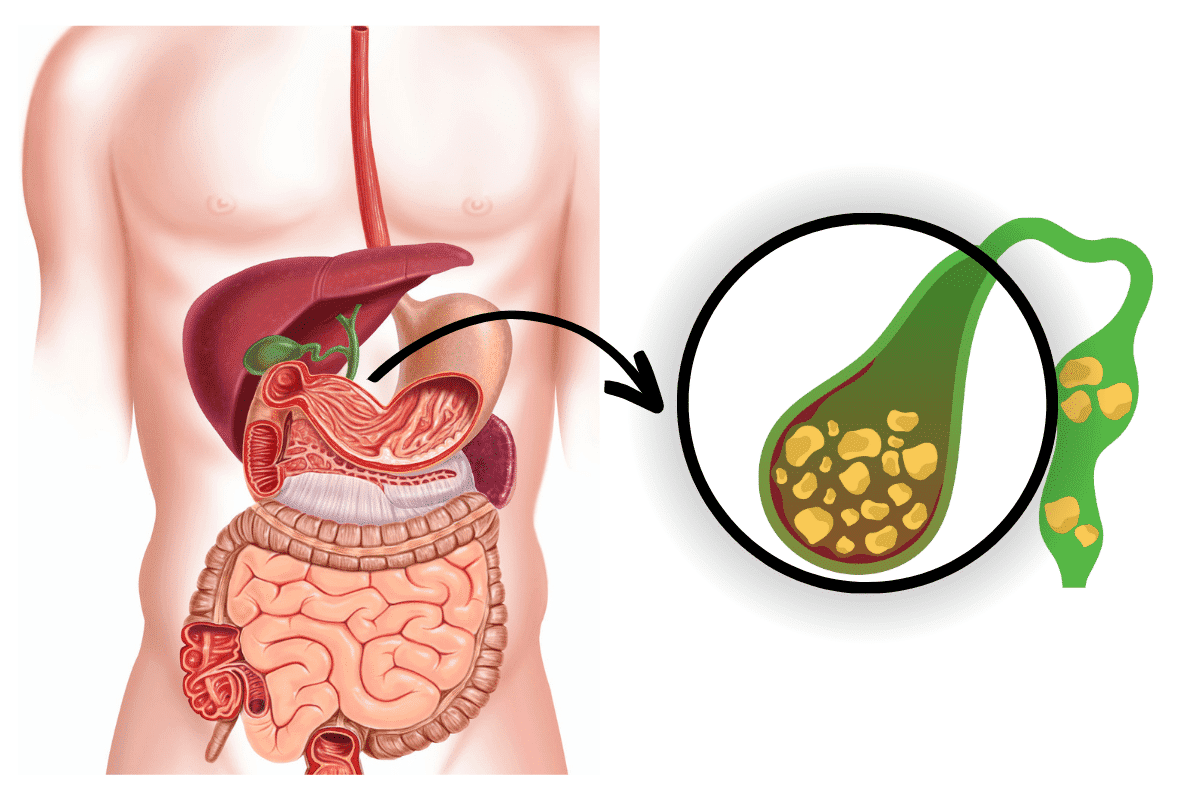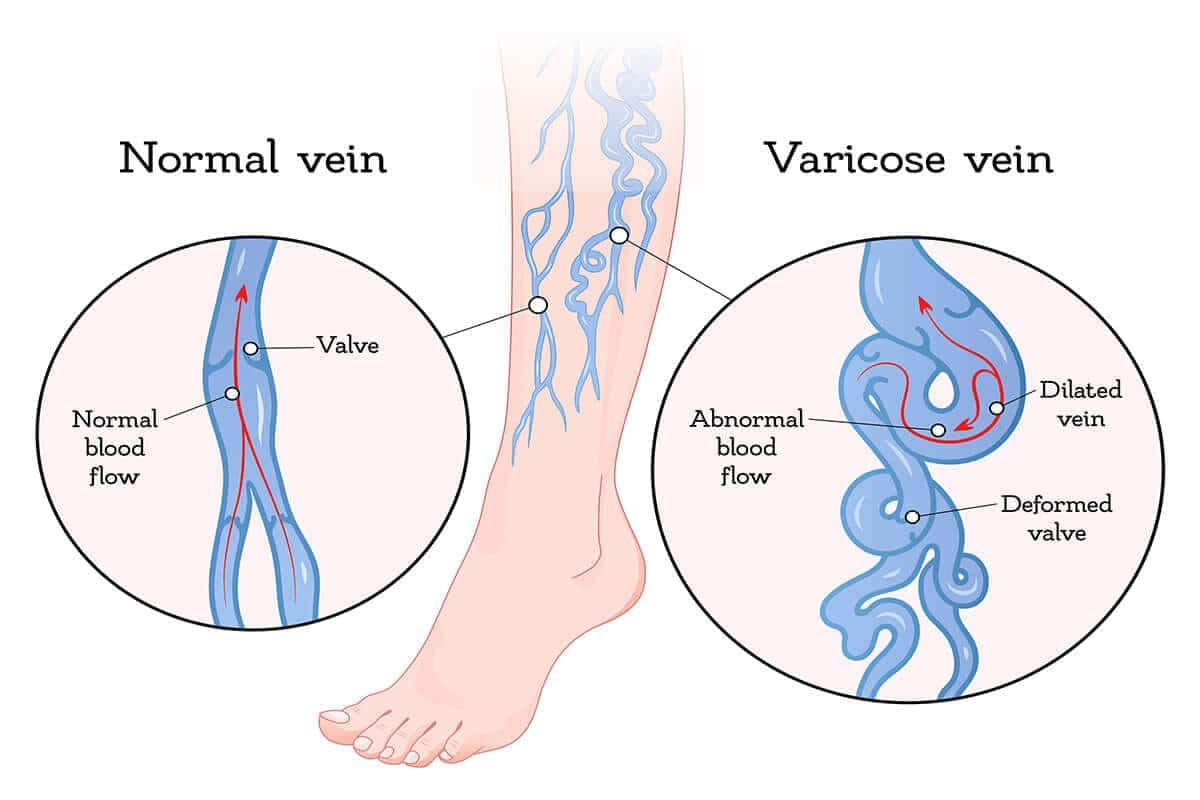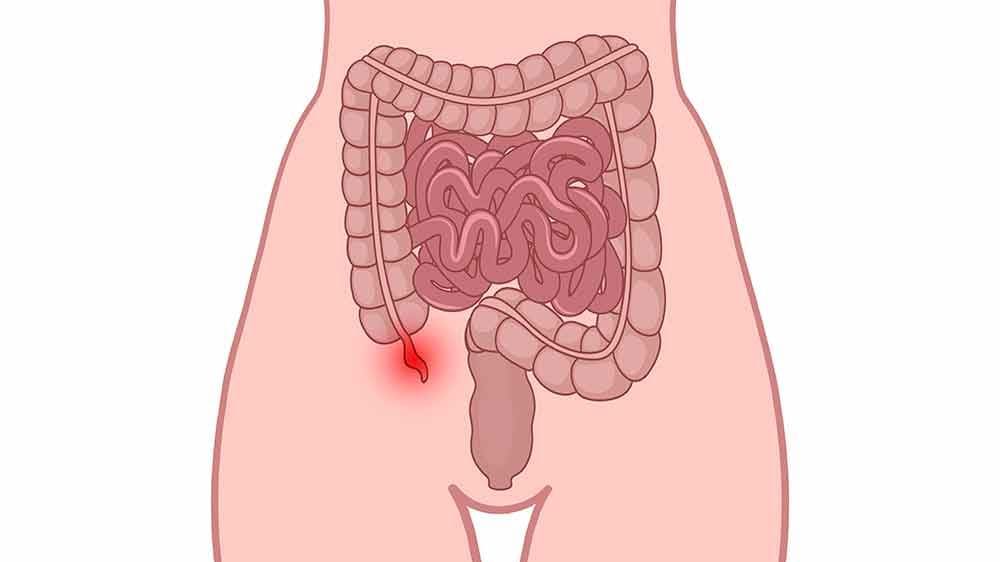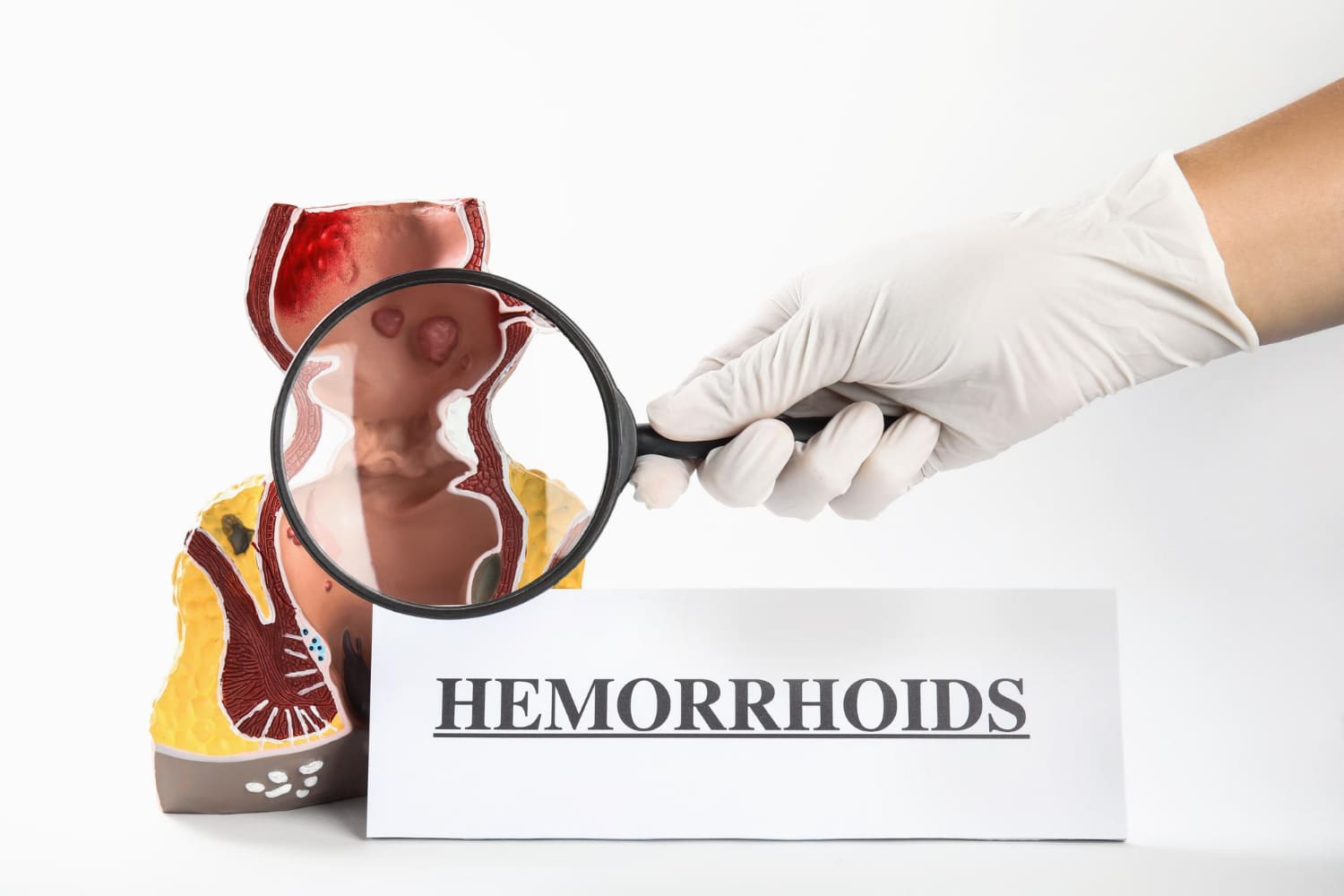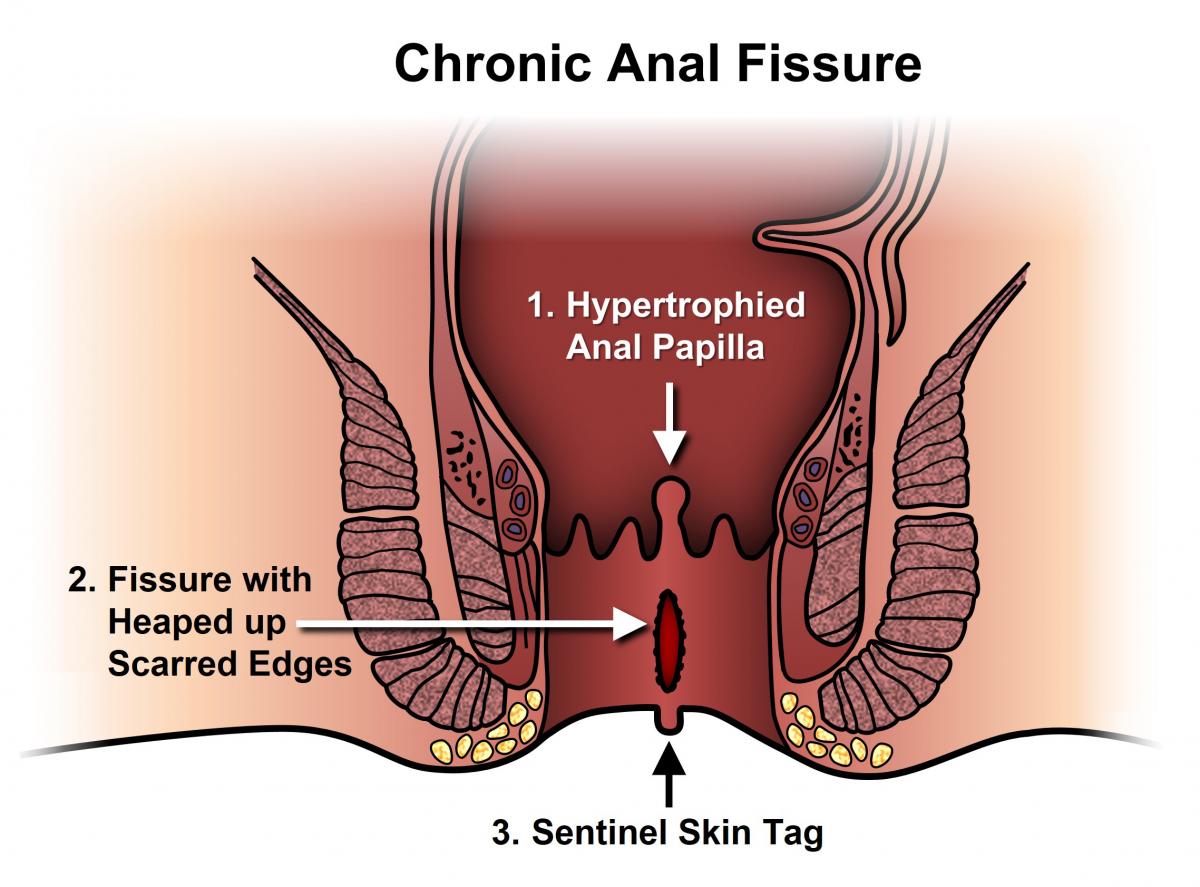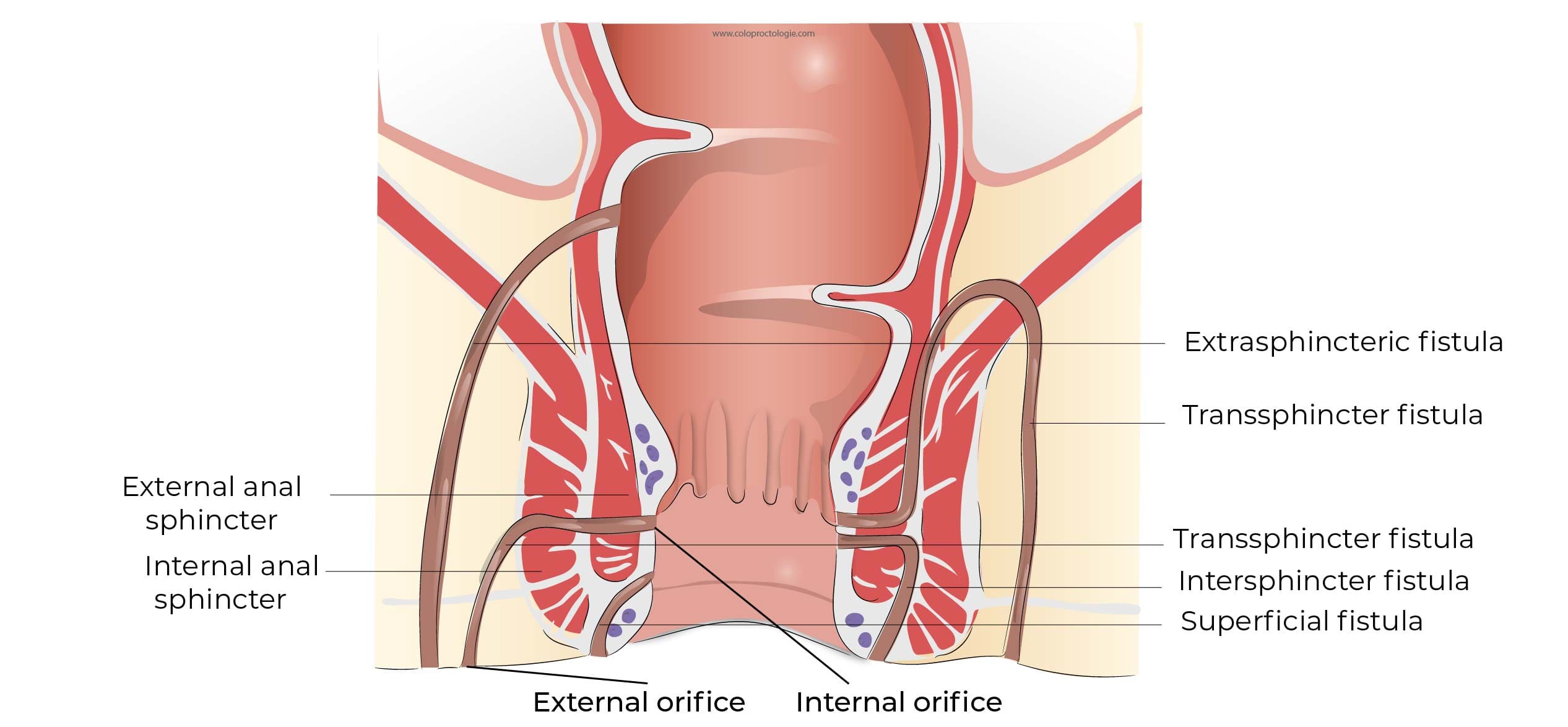
Anal Fistula Treatment - Laser Surgery Procedure
What is Anal Fistula?
An anal fistula is an abnormal connection or tunnel that forms between the anal canal (the end portion of the digestive tract) and the skin around the anus. It typically develops as a result of an infection or an abscess (a collection of pus) in the anal glands, which are small glands located near the anus.
Anal fistulas can cause various symptoms, including persistent pain and discomfort around the anus, swelling, redness, tenderness, and the presence of discharge or pus. Other symptoms may include itching, fever, and general malaise.
What are the Types of Anal Fistula?
There are several types of anal fistulas, which are classified based on their location and severity.
- Intersphincteric Fistula: It is located between the internal and external sphincter muscles of the anus. It is the most common type of anal fistula and is usually caused by an infected anal gland.
- Transsphincteric Fistula: It extends through both the internal and external sphincter muscles of the anus. It is usually caused by an infection that spreads from an abscess.
- Suprasphincteric Fistula: Suprasphincteric anal fistula extends above the internal sphincter muscle and is usually caused by an infection that spreads from an abscess.
- Extrasphincteric Fistula: Extrasphincteric anal fistula extends beyond the external sphincter muscle and is usually caused by a chronic infection.
It is important to seek medical attention if you suspect you have an anal fistula as it can cause discomfort and lead to complications if left untreated.
Causes of Recurrence:
When it comes to laser anal fistula surgery, a successful procedure is defined as the complete healing of the anal wound without any residual tract, external openings, or perianal discharge.
In most cases, laser anal fistula surgery is considered to be the best and the most effective surgical treatment for anal fistula. However, due to various reasons, your condition may reoccur even after surgery. Some of the most common postoperative causes of anal fistula recurrence are given below:
- Poor Hygiene of the Surgical Site: Poor hygiene and an unclean environment can expose your surgical wound to various types of bacteria and germs. Such contamination, especially after surgery, can lead to an infection and may also result in ineffective treatment of the fistula. Hence, maintaining good hygiene around the anal wound after your anal fistula surgery is imperative.
- Failure to Comply with Follow-up Instructions: After your anal fistula surgery, your anorectal specialist will likely instruct you to follow some guidelines to ensure your recovery is as smooth as possible. Following these guidelines will also ensure that the chances of any postoperative complications are as low as possible. However, failure to comply with these guidelines can often lead to incomplete recovery and could cause your anal fistula to reoccur.
- Persistence of Preoperative Factors: Treatment of an anal fistula goes beyond just surgery. It is also important to make certain changes in your lifestyle to minimize the chances of its recurrence. However, if the factors that initially lead to your condition are still present after the surgery, your anal fistula may reoccur and require treatment.
How is Anal Fistula Diagnosed?
An anal fistula is a medical condition characterized by an abnormal tunnel connecting the anal canal to the skin surrounding the anus. The diagnosis of anal fistula typically involves a physical examination and a review of the patient’s medical history.
During the physical examination, the doctor will perform a visual analysis of the anus and surrounding area to look for any signs of inflammation, swelling, or discharge.
The doctor may also perform a digital rectal exam to check for the presence of any abscesses. The doctor may order additional tests to confirm the diagnosis, such as an MRI or a fistulogram, which involves injecting a dye into the anal fistula to help identify its exact location and extent.
It is important to seek medical attention if you suspect you may have an anal fistula, as early diagnosis and treatment can help prevent complications and improve outcomes.
Laser surgery
During laser surgery for anal fistula, the patient is typically placed under anesthesia. A small probe is then inserted into the fistula tract, guided by an endoscope or other imaging techniques.
The laser energy is delivered through the probe, targeting and destroying the tissues along the fistula tract. The laser energy effectively seals off the fistula tract by creating a controlled thermal injury.
What are the Benefits of Laser Anal Fistula Surgery?
A laser anal fistula surgery is a medically advanced and minimally invasive anorectal procedure that utilizes a laser beam to treat anal fistula. Some benefits that are associated with laser anal fistula surgery are given below:
- Minimally Invasive: As previously mentioned, laser anal fistula surgery utilizes a high-intensity, medical-grade laser to make small incisions and destroy the fistula tract. The high operating temperature of the laser also ensures minimal risk of bleeding and infection.
- Shorter Recovery: Due to its minimally invasive nature, recovery time after laser anal fistula surgery is significantly shorter compared to conventional methods. In most cases, recovery after laser anal fistula surgery 2 to 6 weeks. However, most patients are able to return to their normal lives and routines in just 1 to 2 weeks after surgery.
- Minimal Risk of Complications: The size of incisions made during a laser anal fistula surgery is extremely small. As a result, the chances of any complications, such as excessive bleeding or infection, are almost negligible.
- Preservation of Surrounding Tissue: A laser anal fistula surgery is an extremely precise procedure. The incisions made during the procedure are very small when compared to traditional procedures and ensure maximum preservation of tissue surrounding the fistula. This results in shorter recovery time, negligible chance of complications, and better cosmetic results.
- Outpatient Surgery: A laser anal fistula surgery is usually performed on an outpatient basis and does not take more than 30 to 40 minutes to complete. Once the surgery is complete and there are no immediate complications, you will be allowed to go home on the same day of surgery.
How to Prepare Before Anal Fistula Surgery?
If you are planning to undergo an anal fistula surgery, it is better to be prepared before the surgery to avoid any complications during and after the surgery.
- Know everything about the procedure: Before the surgery, make sure to ask your doctor about the procedure, what to expect and preparation tips etc.
- Follow your surgeon’s instructions: Your surgeon will provide you with specific instructions to follow before your surgery. These may include dietary restrictions, restrictions on certain medications, and other guidelines to follow in the days leading up to your surgery. It’s important to follow these instructions to ensure a successful surgery and avoid any complications during the surgery.
- Arrange a companion: You will likely be given anesthesia during your surgery, which means you will not be able to drive yourself home afterward. Make sure to ensure someone is with you during your hospitalization and drives you back home after the procedure.
- Plan for recovery period: After your surgery, you will need time to rest and recover. Make sure to plan ahead for time off from work or other responsibilities to allow your body to heal properly.
- Quit Smoking: Smoking can increase the chances of complications during the surgery and lowers your immune system, and may interrupt your healing process. It is always recommended to quit smoking as it is injurious to health.
- Stay hydrated: Drink plenty of water before the surgery to prevent constipation before the surgery.
- Inform your medical history: Inform your doctor beforehand if you are allergic to anesthesia or any kind of medicine.
By following these steps, you can help ensure that you are fully prepared for a successful anal fistula surgery without any complications.
How to Recover After Anal Fistula Surgery?
The recovery time for anal fistula laser surgery depends on various factors such as the severity of the condition, the patient’s overall health, and adherence to post-operative care instructions. In general, patients can expect to take anywhere between two to six weeks to recover from the procedure fully. It is essential to follow the doctor’s advice and avoid activities that may hinder the healing process.
What to Expect After Anal Fistula Surgery?
Laser anal fistula surgery does not take more than 30 to 40 minutes to complete. It is also an outpatient surgery. This means that once the procedure is complete and there are no immediate complications, you will be able to go home on the same day of the procedure. Once the procedure is complete, you will be moved to a recovery area. Here, you will be kept under observation by your doctor. If there are any complications immediately after the surgery, your doctor will address them promptly.
What are the Risks and Complications Associated with Laser Anal Fistula Surgery?
Like any other surgery, laser anal fistula surgery is also associated with some risks and complications, including;
- Pain and Discomfort: Pain and discomfort are common after anal fistula surgery. The severity and duration of the pain depend on the type of surgery and the individual’s pain threshold. Pain can be managed with pain relief medication.
- Infection: Infection is a common complication of anal fistula surgery. The wound can become infected if it is not kept clean and dry. Antibiotics may be prescribed to prevent or treat infection.
- Bleeding: Bleeding after anal fistula surgery is rare but can occur. If the bleeding is excessive, it may require further medical attention.
- Incontinence: Incontinence is a rare but severe complication of anal fistula surgery. It occurs when the sphincter muscles that control bowel movements are damaged during surgery. Incontinence can lead to fecal incontinence or the inability to control bowel movements.
- Recurrence: Recurrence of the anal fistula is also a possibility after surgery. The recurrence rate is relatively low, but it may require further surgery to correct.
- Fistula tract damage: Damaging the fistula tract during surgery is a potential risk. If the tract is not properly identified and treated, it can lead to further complications.
- Allergic reactions: Allergic reactions to anesthesia or other medications used during surgery are possible. You should inform your doctor about ay allergies you may have before undergoing the procedure.
Overall, anal fistula surgery is generally safe, but it does carry some risks and complications. You should be aware of these risks and discuss them with your doctor before undergoing the procedure. It is important to follow the doctor’s instructions for post-operative care to minimize the risk of complications.


